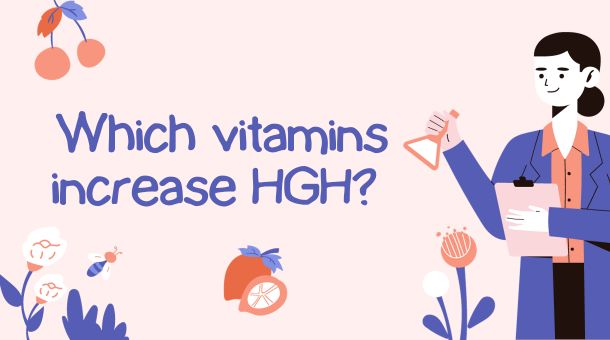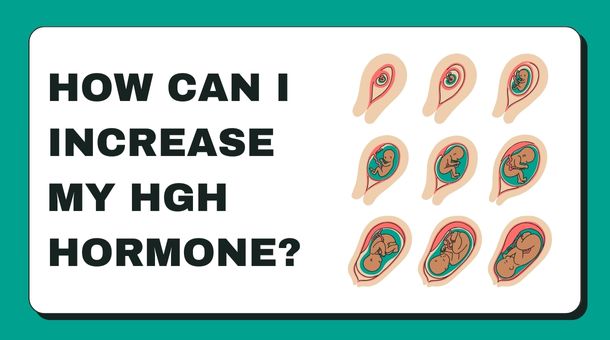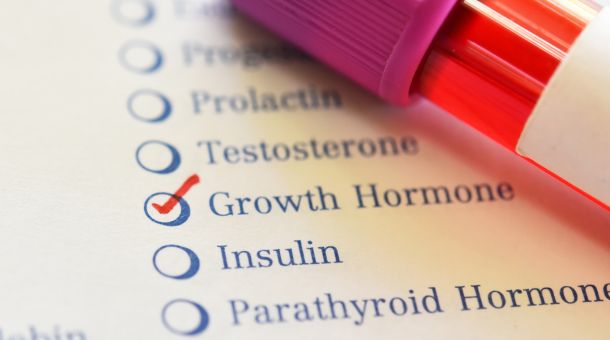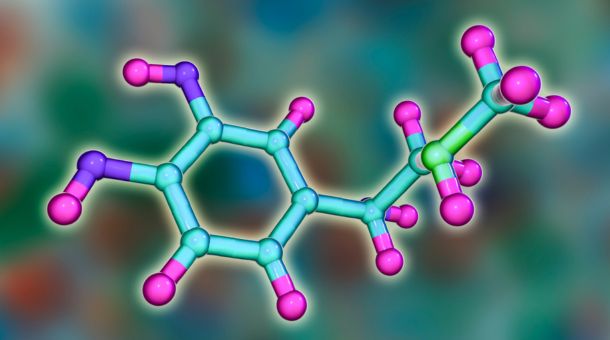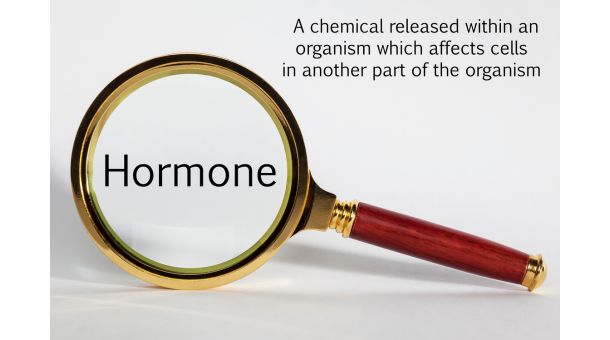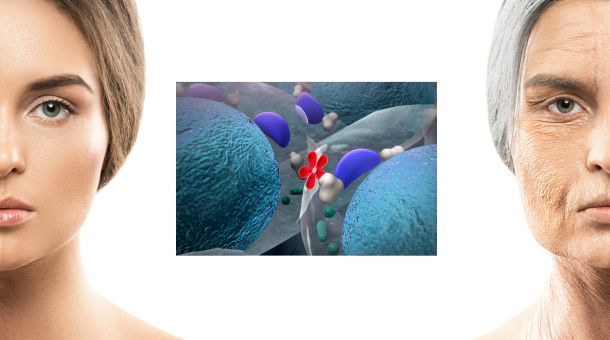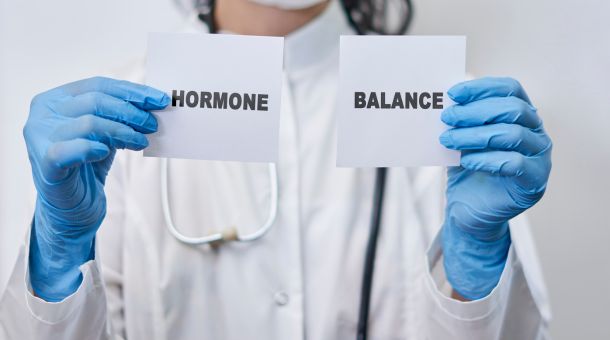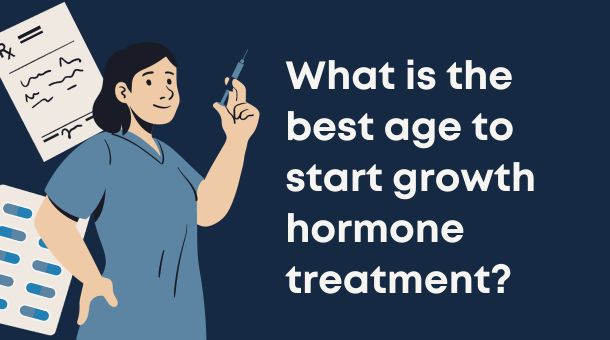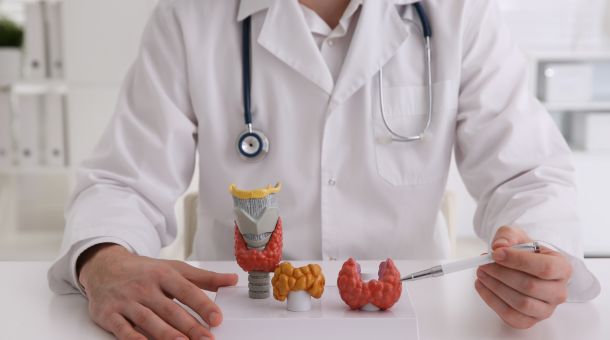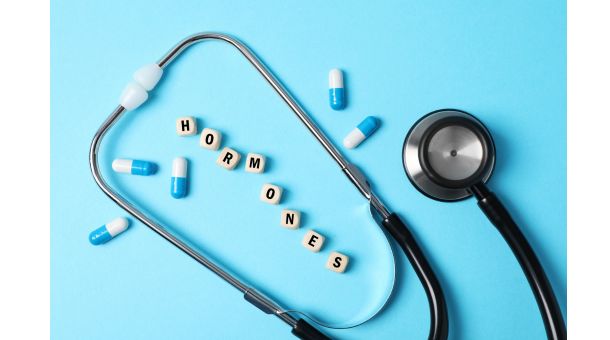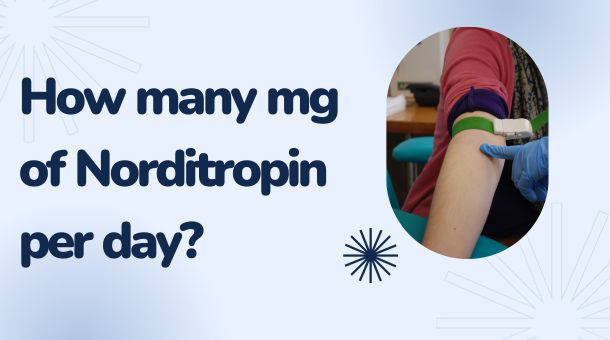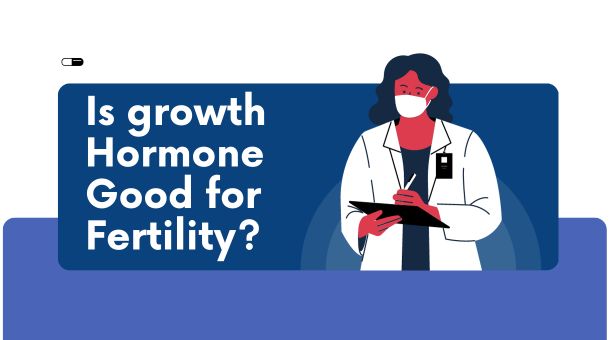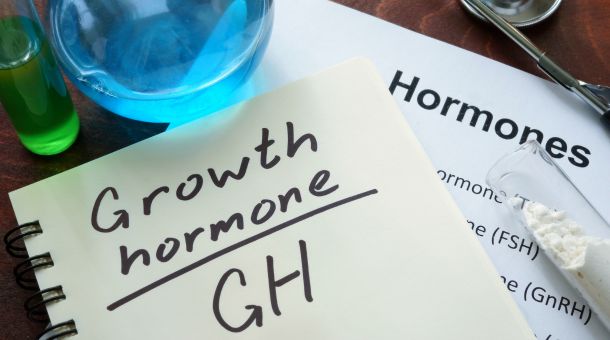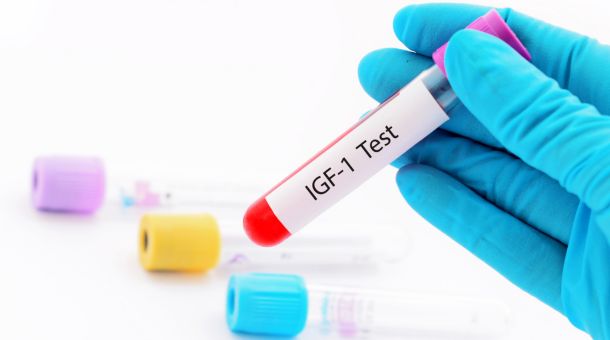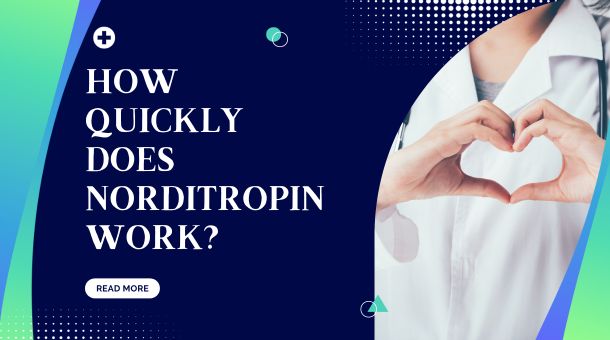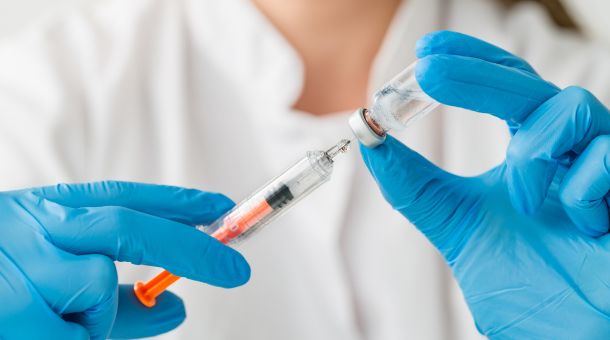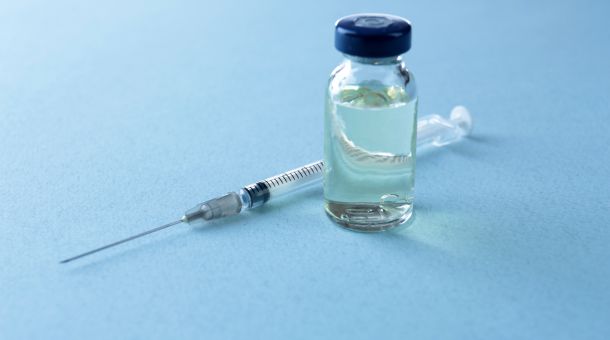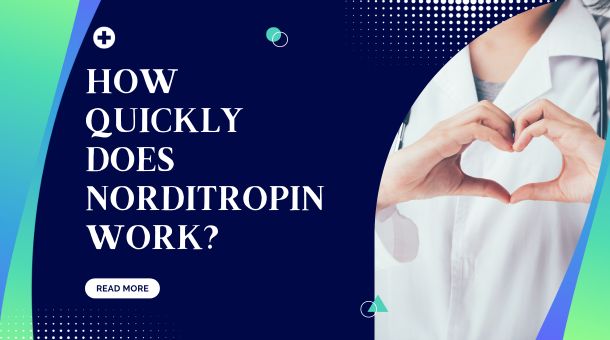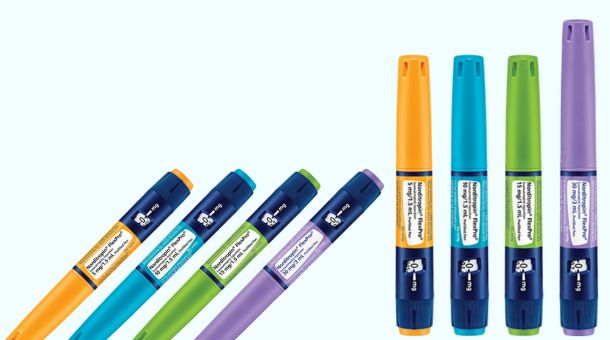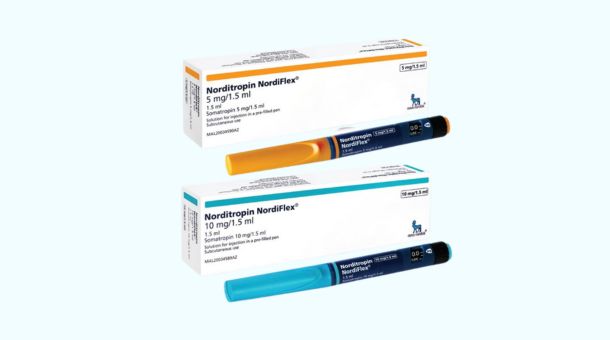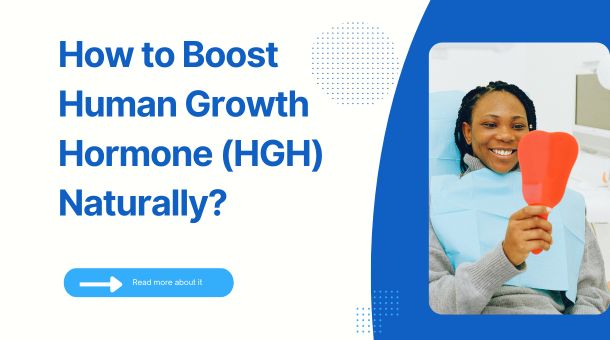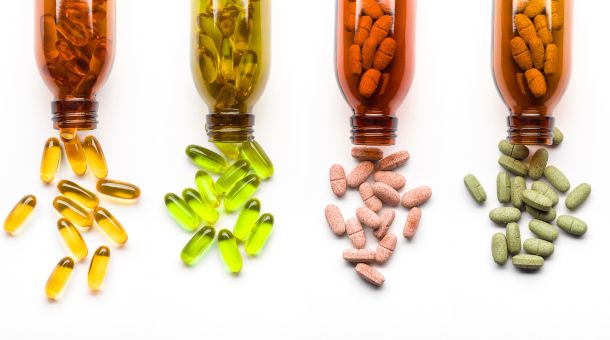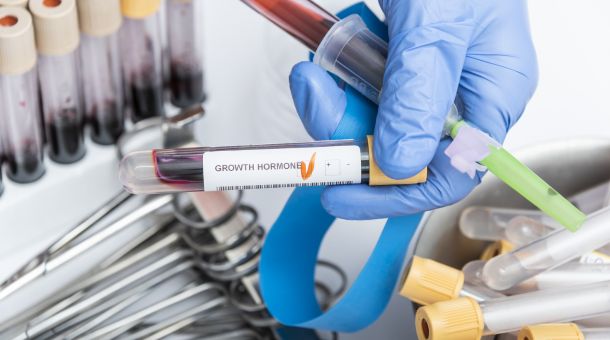Human Growth Hormone (HGH) is a vital hormone produced by the pituitary gland, located at the base of the brain.
It plays a crucial role in growth, development, and overall health throughout our lives. While HGH production naturally declines with age, there are various ways to support and potentially increase its secretion.
One intriguing avenue to explore is the influence of vitamins on HGH production. In this article, we will delve into the world of vitamins and their potential to boost HGH levels.
Understanding HGH and Its Importance

Before we delve into the vitamins that may influence HGH levels, it’s essential to understand the role HGH plays in the human body.
HGH is responsible for a wide range of functions, including:
- Growth and Development: During childhood and adolescence, HGH is primarily known for its role in promoting linear growth. It stimulates the growth plates in the bones, resulting in an increase in height.
- Cell Regeneration: Throughout life, HGH continues to promote the regeneration and repair of cells, tissues, and organs. This is crucial for maintaining overall health and vitality.
- Metabolism: HGH plays a significant role in regulating metabolism. It helps break down fats and convert them into energy, promoting a leaner body composition.
- Muscle Development: HGH supports the growth and repair of muscle tissues, making it important for athletes and fitness enthusiasts.
- Immune Function: It enhances the immune system’s ability to fight off infections and illnesses.
With its diverse functions, maintaining optimal HGH levels is essential for overall well-being. Here’s how certain vitamins can potentially support this goal.
1: Vitamin D
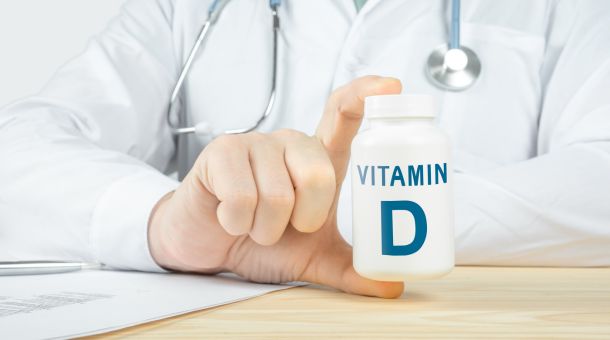
Vitamin D is a fat-soluble vitamin that plays a crucial role in numerous bodily functions, including bone health, immune system function, and hormone regulation. There is some evidence to suggest that vitamin D may influence HGH levels.
Research has shown that individuals with vitamin D deficiency may have reduced HGH secretion.
A study published in the “Journal of Clinical Endocrinology and Metabolism” in 2011 found that vitamin D supplementation increased HGH levels in vitamin D-deficient adults.
This suggests that maintaining adequate vitamin D levels through sunlight exposure and dietary sources like fatty fish, fortified dairy products, and supplements could potentially support HGH production.
2: Vitamin B3 (Niacin)
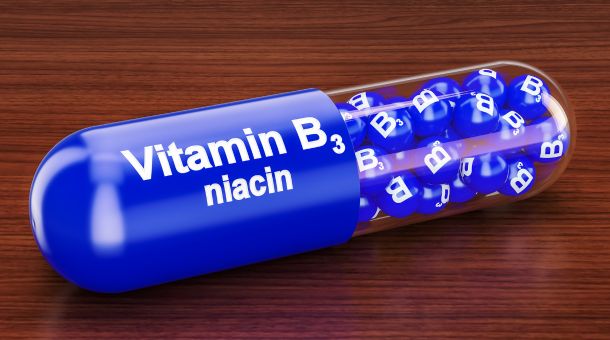
Vitamin B3, also known as niacin, is essential for various metabolic processes in the body. Some studies have explored the potential link between niacin and HGH secretion.
Niacin is believed to stimulate the release of HGH by promoting the production of growth hormone-releasing hormone (GHRH), a key regulator of HGH.
While research on this topic is limited and inconclusive, niacin-rich foods like poultry, fish, and nuts can be part of a balanced diet that supports overall health, including hormonal balance.
3: Vitamin C
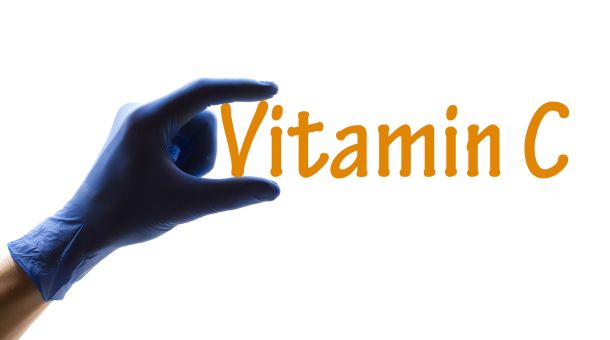
Vitamin C, also known as ascorbic acid, is renowned for its immune-boosting properties and its role in collagen production.
While it may not directly increase HGH levels, vitamin C plays a crucial role in maintaining overall health.
A well-functioning immune system and collagen production are essential for maintaining optimal physical condition, which can indirectly support HGH production. Citrus fruits, berries, and vegetables like broccoli and bell peppers are excellent sources of vitamin C.
4:Vitamin A
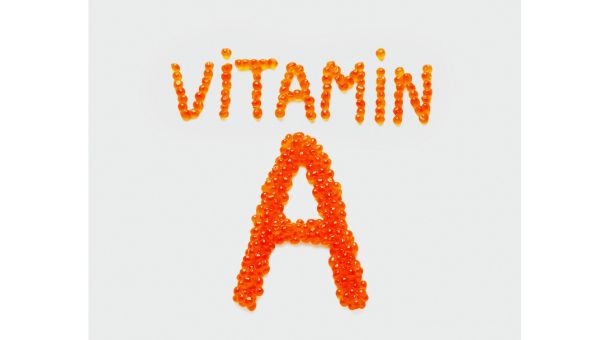
Vitamin A is important for various bodily functions, including vision, skin health, and immune system support. Some studies have suggested that vitamin A may influence HGH levels indirectly.
Vitamin A helps maintain the health of the thyroid gland, which produces hormones that regulate metabolism and growth.
A well-functioning thyroid can indirectly support HGH production by ensuring proper hormone balance. Foods rich in vitamin A include sweet potatoes, carrots, and leafy greens.
5: Vitamin E
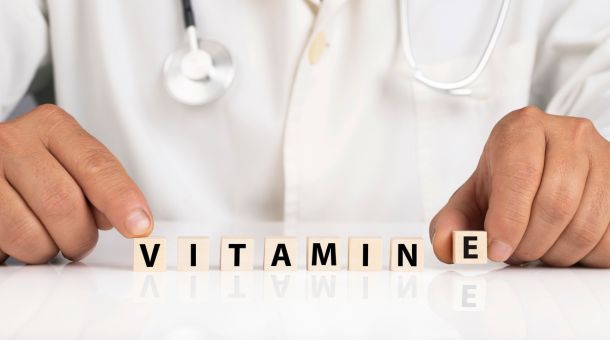
Vitamin E is a powerful antioxidant that protects cells from damage caused by free radicals.
While it may not directly stimulate HGH production, its role in overall health and cellular protection can indirectly support hormonal balance.
By reducing oxidative stress and promoting cellular health, vitamin E may help maintain the proper functioning of the pituitary gland, which produces and releases HGH. Nuts, seeds, and vegetable oils are good sources of vitamin E.
Conclusion:
In conclusion, while vitamins play essential roles in various bodily functions, their direct impact on increasing HGH levels is limited.
It’s important to note that HGH production is primarily regulated by the pituitary gland, and many factors, including age, sleep quality, exercise, and overall health, influence its secretion.
However, ensuring adequate intake of vitamins through a balanced diet and, if necessary, supplementation can support overall health and potentially indirectly influence HGH production.
Vitamin D, B3 (niacin), C, A, and E all have their unique roles in promoting general well-being, which can contribute to maintaining optimal hormonal balance.
Before considering any supplementation or making significant dietary changes, it’s essential to consult with a healthcare professional.
They can provide personalized guidance based on your specific health needs and goals. Additionally, lifestyle factors such as getting adequate sleep, managing stress, and engaging in regular exercise also play significant roles in maintaining HGH levels and overall health.
